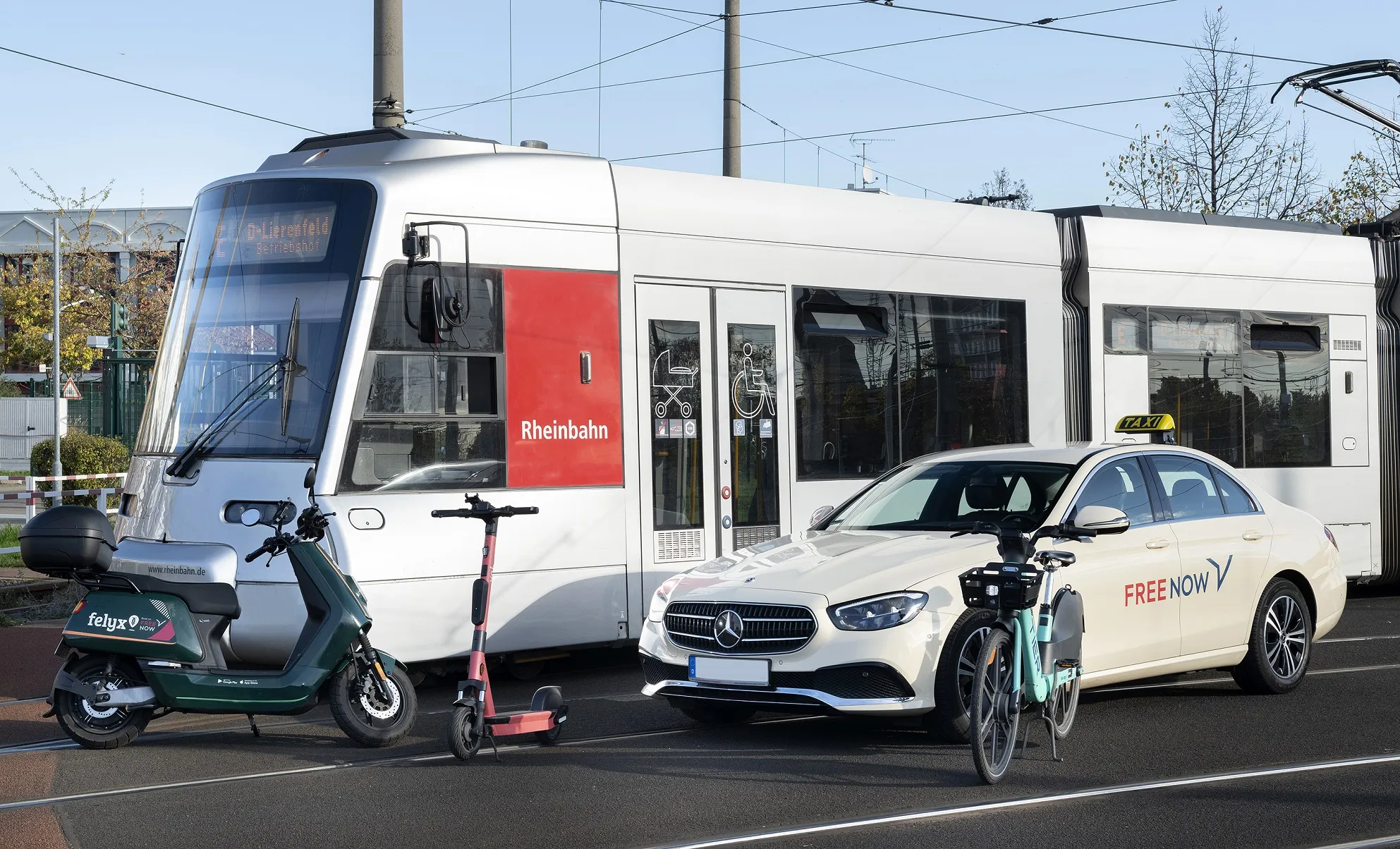The Greater Dijon region in France has awarded public transport operator Keolis a ’comprehensive mobility’ contract covering the management of all transport services in the region.
Keolis will continue to operate the region’s transport network, Divia, for a further six years until 2022. The new comprehensive mobility contract includes buses, trams, solutions for people with reduced mobility, car parks, short and long-term bike rentals and car and bike impoundment lots.
As part of the contract, Keolis
January 11, 2017
Read time: 2 mins
The Greater Dijon region in France has awarded public transport operator 6546 Keolis a ’comprehensive mobility’ contract covering the management of all transport services in the region.
Keolis will continue to operate the region’s transport network, Divia, for a further six years until 2022. The new comprehensive mobility contract includes buses, trams, solutions for people with reduced mobility, car parks, short and long-term bike rentals and car and bike impoundment lots.
As part of the contract, Keolis will also oversee the renewal of the 400 short-term rental bikes at 40 different stations, and will manage nine car parks, two tram lines, 800 long-term rental bikes and a fleet of 200 buses. This will include 102 hybrid buses, making the Dijon network the first hybrid bus network in France.
Keolis will work with its subsidiaries EFFIA and EGS to manage nine car parks, street parking and car impoundment lot and Cykleo to run the bike rental services.
The contract also includes modernising various aspects of the transport system, primarily through the renovation of car parks, new equipment for transporting people with reduced mobility and the renewal of the non-hybrid bus fleet by 2019.
According to Keolis, this comprehensive mobility approach aims to eliminate the frequent debate between those who drive and those who opt for public transport and alternative modes of transport, by promoting the shared use of public space.
Keolis will continue to operate the region’s transport network, Divia, for a further six years until 2022. The new comprehensive mobility contract includes buses, trams, solutions for people with reduced mobility, car parks, short and long-term bike rentals and car and bike impoundment lots.
As part of the contract, Keolis will also oversee the renewal of the 400 short-term rental bikes at 40 different stations, and will manage nine car parks, two tram lines, 800 long-term rental bikes and a fleet of 200 buses. This will include 102 hybrid buses, making the Dijon network the first hybrid bus network in France.
Keolis will work with its subsidiaries EFFIA and EGS to manage nine car parks, street parking and car impoundment lot and Cykleo to run the bike rental services.
The contract also includes modernising various aspects of the transport system, primarily through the renovation of car parks, new equipment for transporting people with reduced mobility and the renewal of the non-hybrid bus fleet by 2019.
According to Keolis, this comprehensive mobility approach aims to eliminate the frequent debate between those who drive and those who opt for public transport and alternative modes of transport, by promoting the shared use of public space.










